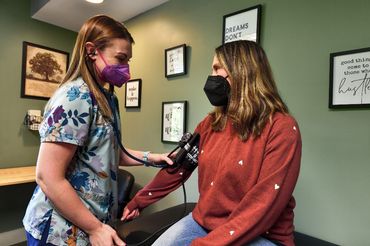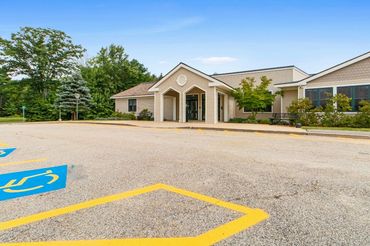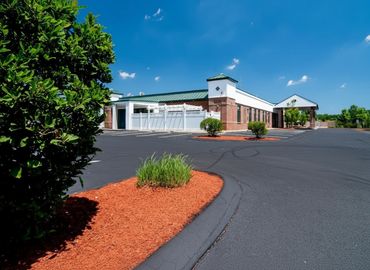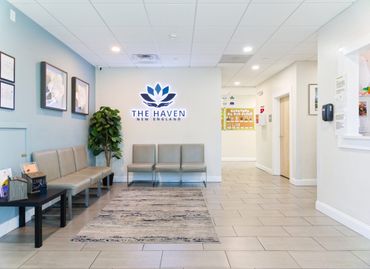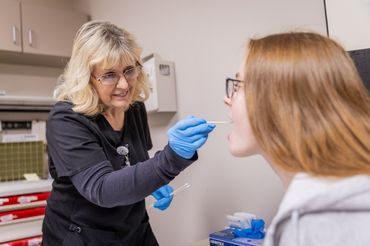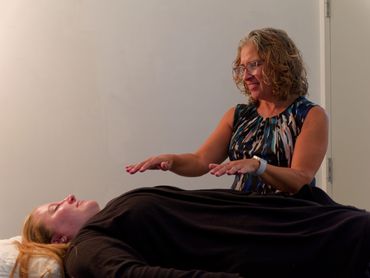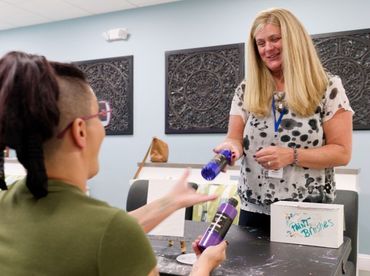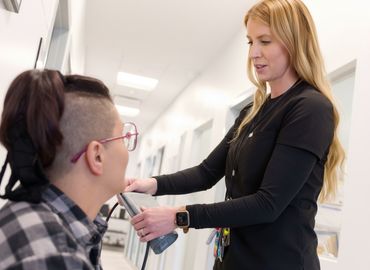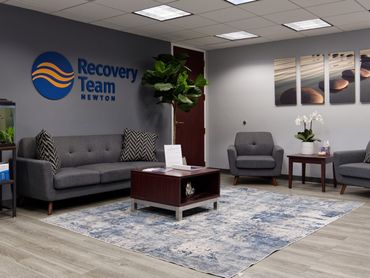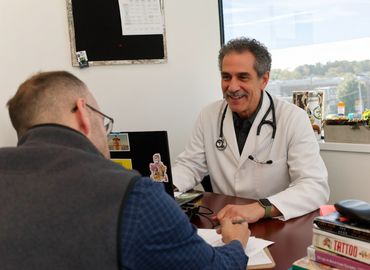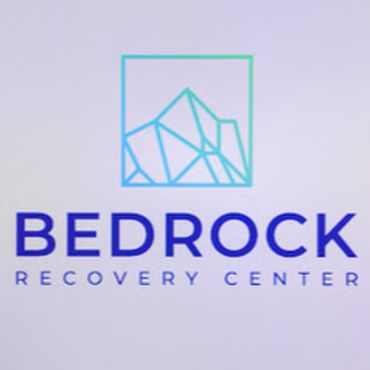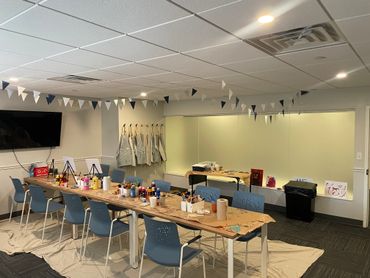
Drug & Alcohol Rehab Centers near Ashby, MA
When facing the challenge of finding treatment for substance use disorder in Ashby, Massachusetts, it’s crucial to take that first step towards recovery with a clear understanding of your options and payment choices. Seeking help for addiction is a pivotal decision, and being informed about the available resources can make the journey to recovery smoother and more manageable.
Treatment Centers near Ashby, MA




All Treatment Centers near Ashby, MA
Are You Covered For Treatment?
- Worcester Rehabs
- Boston Rehabs
- Springfield Rehabs
- Brockton Rehabs
- Fall River Rehabs
- Taunton Rehabs
- New Bedford Rehabs
- Holyoke Rehabs
- Framingham Rehabs
- Tewksbury Rehabs
Information About Rehab in Ashby
Latest Reviews
Latest Reviews of Rehabs in Massachusetts
Spring Hill Recovery Center
Spring Hill really helped me, I arrived broken down. All the staff was amazing, family therapy was so very helpful to my family and I. Very comfortable sleeping arrangements and the food was awesome. They helped me find after care and all situations for my recovery...... I hope to go there some day as a alumni to speak in groups to help others. I want to thank everybody there.
Area Information
Ashby, a picturesque town in north-central Massachusetts, offers a tranquil escape from the bustle of city life. Nestled amid lush forests, this small community boasts a population of just over 3,0001 that values close-knit connections and a sense of community. With a blend of historical charm and natural beauty, Ashby is an ideal place for residents and visitors alike.
Substance Misuse and Addiction in Ashby, Massachusetts
While Ashby itself grapples with addiction, it’s crucial to recognize that Middlesex County, the county in which Ashby is located, has been significantly impacted by the ongoing opioid epidemic. According to a recent report from the Massachusetts Department of Public Health, Middlesex County witnessed a staggering 383 opioid overdose fatalities in 2022 alone.2
Drug and Alcohol Rehab
Rehabilitation facilities offer a variety of programs and services designed to treat addiction and support individuals on their journey to recovery. These programs cater to the diverse needs of those seeking help, recognizing that each person’s path to sobriety is unique.
What Happens in Drug and Alcohol Rehab?
The journey to recovery through rehabilitation typically consists of multiple levels of care, each addressing different needs and stages of the individual’s addiction. These stages encompass detoxification, inpatient treatment, outpatient treatment, and aftercare, with each level playing a crucial role in the recovery process.
Detox Programs
Detoxification, often the first crucial step on the path to recovery, plays a pivotal role in helping individuals break free from the grip of addiction. These programs are medically supervised and aim to safely guide individuals through the challenging and sometimes painful process of withdrawal. Under the watchful eye of healthcare professionals, detox programs employ various interventions, including medications, to manage the physical and psychological symptoms of withdrawal. The goal is to help individuals attain a stable and drug-free state, setting the stage for the next phases of addiction treatment.
How Long Is Detox in Rehab?
While the duration of detox varies, it typically spans from 3 to 7 days, with the exact length dependent on factors such as the substance abused, its severity, and the individual’s overall health. It’s a critical foundation that paves the way for comprehensive healing.
Inpatient Drug and Alcohol Rehab
Inpatient drug and alcohol rehabilitation programs offer an immersive and structured environment that provides individuals with the intensive care needed to address addiction and its underlying causes. These programs commonly last for 30 days, although some individuals may benefit from extended 60 or 90-day treatment, depending on their specific needs. One of the hallmarks of inpatient drug rehab is the multifaceted approach to healing.
Therapy, including individual and group sessions, plays a central role in addressing the psychological aspects of addiction. It also serves to equip individuals with essential coping strategies, life skills, and relapse prevention techniques. Additionally, inpatient treatment programs can effectively address co-occurring disorders, ensuring that any underlying mental health issues are identified and treated in conjunction with addiction. By providing a supportive community and a structured schedule, inpatient rehab is designed to minimize distractions and offer a safe haven for individuals to focus solely on their journey to recovery.
Outpatient Drug and Alcohol Rehab
Outpatient drug and alcohol rehabilitation offers a flexible approach that allows individuals to receive treatment while maintaining their daily responsibilities. These programs are designed for individuals who may not require the round-the-clock care of inpatient treatment or who have completed an inpatient program and are transitioning back into their daily lives. Outpatient treatment often includes various forms of therapy and counseling, providing individuals with the tools to cope with triggers, manage stress, and prevent relapse. One key aspect of outpatient rehab is its focus on aftercare and relapse prevention, equipping individuals with the skills and knowledge needed to sustain their sobriety long after treatment ends.
How Much Does Rehab Cost?
The prospect of paying for rehab can seem daunting, but it should never be a deterrent to seeking help. Various payment options exist to make treatment more affordable, such as:
- Payment Plans
- Government Grants and Scholarships
- Free Rehab
- State-Funded Rehab
Does Insurance Cover Drug and Alcohol Rehab?
Many insurance plans provide partial coverage for drug rehab, alleviating some of the financial burden associated with treatment. Understanding your insurance options is essential to ensure access to the care you need. Widely accepted drug rehab insurances include:
Finding The Best Rehab Center
Ashby, Massachusetts Drug and Alcohol Rehab Facilities
If you’re searching for facilities in Ashby, Massachusetts, or beyond, our rehab locator tool can assist you in finding nearby treatment centers. While local options are available, many individuals find that seeking treatment out of state can help reduce distractions and improve focus on recovery. Regardless of the location you choose, whether in Massachusetts or elsewhere, our locator tool is an invaluable resource.
Sources
- United States Census Bureau. Ashby, Massachusetts. 2021.
- Massachusetts Department of Public Health. Number of Opioid-Related Overdose Deaths, All Intents by County, MA Residents: 2012-2022. June 2023.





















